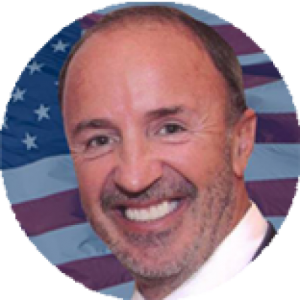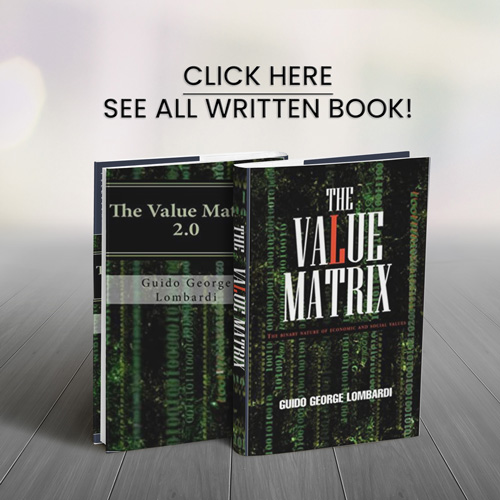The ongoing war between Ukraine and Russia has pushed the “Doomsday Clock” up to just 90 seconds before midnight – the closest point to cataclysm in history.
The Bulletin of the Atomic Scientists, which unveiled the updated clock on Tuesday, said the Russia-Ukraine War has played a crucial role in upending global stability.
“Russia’s thinly veiled threats to use nuclear weapons remind the world that escalation of the conflict – by accident, intention, or miscalculation – is a terrible risk,” the Bulletin said in a statement that “the possibility that the conflict could spin out of anyone’s control remains high.”
“We are really closer to that doomsday,” former Mongolian president Elbegdorj Tsakhia said Tuesday at the Bulletin of Atomic Scientists annual announcement rating. He and former Ireland President Mary Robinson joined scientists to underscore what they consider a gathering of several existential threats, with Russian leader Vladimir Putin’s actions and words chief among them.
RUSSIA’S NUCLEAR AGENCY HELPS MILITARY SIDESTEP SANCTIONS: REPORT
“People and scientists are warning us and we have to wake up now,” he said.
The Doomsday Clock is a symbol created at the beginning of the Cold War in 1947 to represent the threat of nuclear weapons, which, the Bulletin says have the potential to destroy civilization as we know it.
The Bulletin has moved the clock 10 seconds closer than last year, making it the closest it has ever been to striking 12. It’s been as much as 17 minutes from midnight after the end of the Cold War but in the past few years, the group has changed from counting down the minutes to midnight to counting down the seconds.
Last August, U.N. Secretary-General Antonio Guterres warned that the world as entered “a time of nuclear danger not seen since the height of the Cold War.”
“We are sending a message that the situation is becoming more urgent,” Bulletin President Rachel Bronson said at the online announcement. “Crises are more likely to happen and have broader consequences and longer standing effects.”
Underscoring the outsized role Russia’s invasion of Ukraine has had on moving closer to theoretical doomsday, the Bulletin said it was also announcing the clock movement in the Russian and Ukrainian languages for the first time.
Scientists and activists at the Bulletin announcement also mentioned nuclear weapon proliferation in China, Iran increasing its uranium enrichment, missile tests in North Korea, future pandemics from animal diseases, pathogens from lab mistakes, “disruptive technologies” and worsening climate change as other existential threats to humanity.
The Bulletin called on the U.S., its NATO allies, and Ukraine, to explore all options to reduce the conflict with Russia.
“Finding a path to serious peace negotiations could go a long way toward reducing the risk of escalation,” the Bulletin said. “In this time of unprecedented global danger, concerted action is required, and every second counts.”
The Associated Press contributed to this report.






